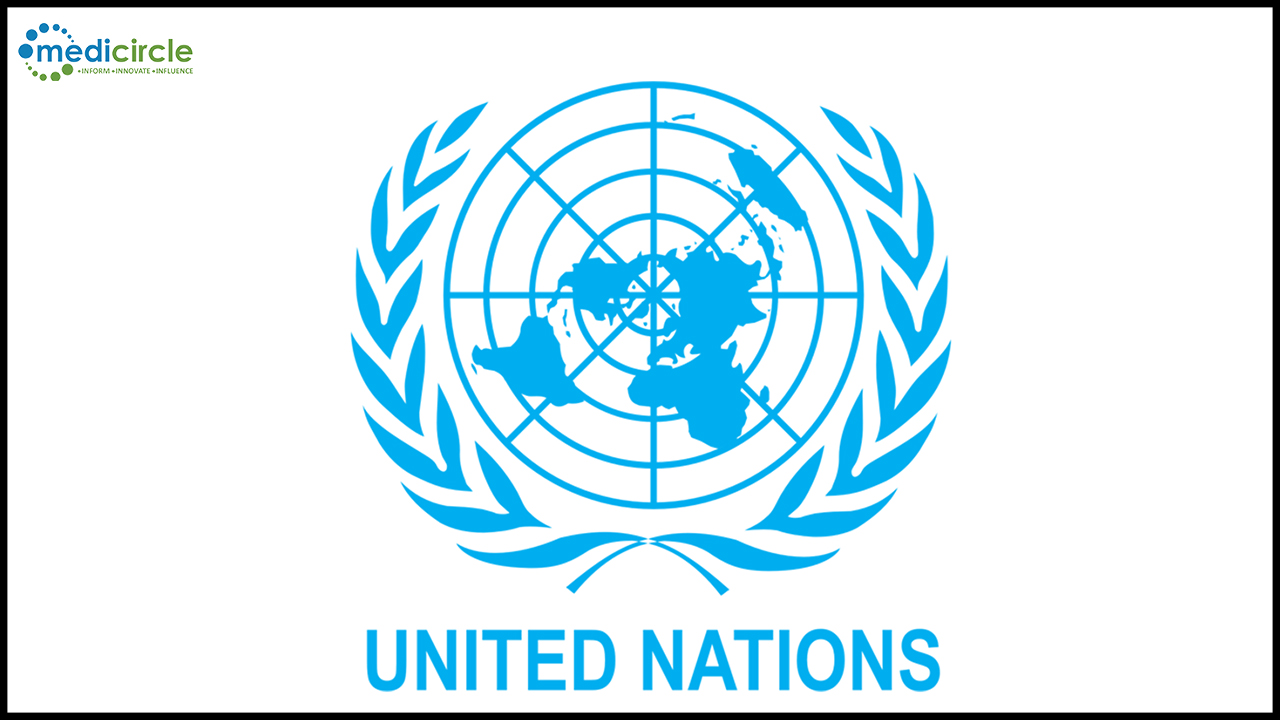UN Humanitarian Chief Mark Lowcock today discharged US$15 million from the Central Emergency Response Fund (CERF) to help support worldwide endeavors to contain the COVID-19 infection.
The declaration came as the World Health Organization (WHO) redesigned the worldwide danger of the coronavirus flare-up to "high" – its top degree of hazard evaluation. The WHO has said there is as yet an opportunity of containing the infection if its chain of transmission is broken.
The unexpected increments of cases in Italy, the Islamic Republic of Iran and the Republic of Korea are profoundly concerning. There are presently cases connected to Iran in Bahrain, Iraq, Kuwait, and Oman, alongside cases connected to Italy in Algeria, Austria, Croatia, Germany, Spain, and Switzerland.
The UN subsidizing has been discharged to the WHO and the United Nations Children's Fund (UNICEF). It will finance fundamental exercises including checking the spread of the infection, exploring cases, and the activity of national research centers.
The WHO has called for US$675 million to support the battle against coronavirus. There is a lucky opening to contain the spread of the infection if nations take vigorous measures to distinguish cases early, segregate and care for patients, and follow contacts.
Crisis Relief Coordinator and Under-Secretary-General for Humanitarian Affairs, Mark Lowcock stated: "We don't yet observe proof that the infection is spreading openly. For whatever length of time that that is the situation, we despite everything get an opportunity of containing it.
"Be that as it may, the quick and hearty move must be made to distinguish cases early, seclude and care for patients, and follow contacts. We should act currently to prevent this infection from putting more lives in danger.
"This award from the UN's Emergency Fund will assist nations with delicate wellbeing frameworks to help their recognition and reaction tasks. It can spare the lives of a large number of powerless individuals."
This is a basic point in the flare-up. The attention is on containing COVID-19 by fortifying reconnaissance, directing exhaustive flare-up examinations to recognize contacts and applying suitable measures to forestall additionally spread.
Tedros Adhanom Ghebreyesus, WHO Director-General, stated: "The potential spread of the infection to nations with more fragile wellbeing frameworks is probably the greatest concern. These assets will help bolster these nations prepare for distinguishing and disconnecting cases, ensuring their wellbeing laborers, and treating patients with poise and suitable consideration. This will assist us with sparing lives and push back the infection"
UNICEF is driving on safeguard activities in networks over the influenced nations with chance correspondence, giving cleanliness and clinical units to schools and wellbeing centers and observing the effect of the flare-up to help the progression of care, instruction, and social administrations.
"At this significant minute, each exertion must be made to push back against the flare-up," said UNICEF Executive Director Henrietta Fore. "These urgent subsidizes will bolster our worldwide endeavors to support more fragile wellbeing frameworks and illuminate kids, pregnant ladies and families about how to ensure themselves."
Since it was propelled in 2006, CERF has given more than $6 billion to more than 100 nations and helped a huge number of individuals.

 Extending a helping hand United Nations Humanitarian Cheif Releases $15million to help the affected countries.
Extending a helping hand United Nations Humanitarian Cheif Releases $15million to help the affected countries.









.jpeg)








.png)
.png)

.png)
.png)
.png)

.png)
.png)
.png)

.png)
.png)